About us
CoroPrevention project studies 12,000 patients from six EU countries using individual patients' medical histories, conditions and circumstances. With advances in genomics, data and informatics, and wearable technology, the project’s objective is to significantly reduce the number of coronary events, as well as prevent morbidity and mortality associated with coronary heart disease. The project has 20 participants across the Europe.
Studies provide evidence on clinical utility of a predictive diagnostics. Assessing a new disease prevention program is covering many scientific areas. These include biochemistry, analytical chemistry, clinical medicine as well as business and health economics.
In order to assemble a competitive and multidisciplinary consortium covering all necessary expertise, we have linked together 22 clinical cardiovascular centers.
The consortium covers
- significant part of Europe
- a core nucleus of medical centers with expertise to develop and assess lifestyle management programs
- global leaders in CV biomarkers
- high quality central laboratory
- experienced clinical trial management organization working together with a dedicated CRO (a specialized institute to assess health economics of medical technology)
CoroPrevention participants are operating at the international forefront in their respective fields and each of the participants have been selected based on their specific competence and potential contribution to the project objectives, without compromising the rigorous criteria of quality and scientific excellence.
Participants
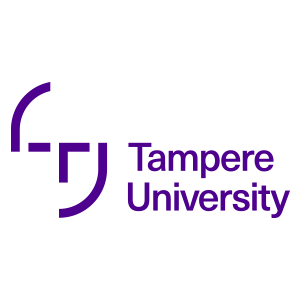
Tampere University, TAU
Some 35 000 people comprise the higher education community of Tampere University and Tampere University of Applied Sciences, which places faith in people and scientific knowledge.
Leading specialists are changing the world at Finland’s second largest multidisciplinary higher education institution, which is meeting the global demand for Finnish expertise. The spearheads of research and learning are technology, health and society.
Tampere University was created on 1 january 2019 as a merger of Tampere University of Technology and University of Tampere.
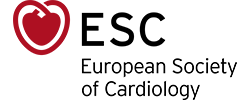
European Society of Cardiology, ESC
The European Society of Cardiology (ESC) is a volunteer-led, not-for-profit, medical society. Today, the ESC includes 57 National Cardiac Societies, 46 Affiliated Cardiac Societies, 4000 fellows and 95 000 Healthcare professionals.
The ESC covers the full spectrum of cardiology through its 27 subspecialty communities: 6 Associations, 15 Working Groups and 6 Councils. The ESC organises 10 cardiology congresses each year across the main subspecialty areas.
The ESC provides cardiologists with the support and tools they need to deliver the best possible care.

National Institute for Health and Care Excellence, NICE
The National Institute for Health and Care Excellence (NICE) provides national guidance and advice to improve health and social care. NICE was originally set up in 1999 as the National Institute for Clinical Excellence, a special health authority, to reduce variation in the availability and quality of NHS treatments and care.
In 2005, after merging with the Health Development Agency, NICE began developing public health guidance to help prevent ill health and promote healthier lifestyles. In April 2013 NICE became a Non Departmental Public Body (NDPB).

University of Hasselt, UHASSELT
Hasselt University (UHasselt) is a young, independent and innovative university, which is regionally anchored and has a pronounced regional, national and international orientation. Today, Hasselt University has seven faculties, two Schools and six research institutes.
The university stands for excellence in education, top research in spearhead fields and active engagement in innovation and entrepreneurship. The overall objective is to combine academic excellence with economic and social relevance.
In CoroPrevention, Hasselt University is represented by 3 faculties.
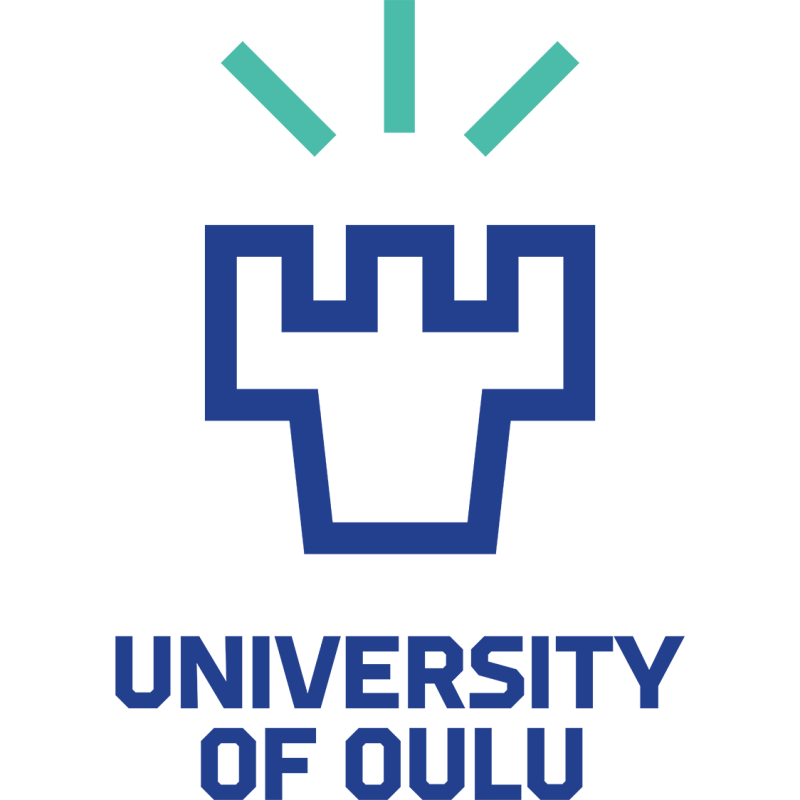
University of Oulu, UOULU
The University of Oulu (UOULU) is a non-profit, higher education organization funded largely by the Finnish government. UOULU was founded in 1958 and is among the largest universities in Finland with 16 000 students and 3000 staff members working in ten faculties.
UOULU has the northernmost located Faculty of Medicine in Finland with 1300 students and 400 staff members. The faculty has an important role in creating modern, high-quality medical and health care services in northern Finland.

Charité – Universitätsmedizin Berlin, CHA
Innovative capacity and responsible governance, for the benefit of patients and society - these are the central tenets behind all of Charité research endeavors.
At Charité, approximately 3700 researchers are actively engaged in the development of pioneering innovations in the field of medicine. Committed to the highest standards of quality and sustainability, they work across 1000 projects, working groups and collaborative projects.
There is a particular focus on the interface between basic and patient-oriented research, which seeks to foster interdisciplinary collaborations.

Optimapharm
Founded in 2006 in Croatia as a niche regional CRO, Optimapharm has successfully acquired and integrated several acquisitions across Europe in recent years. This external growth significantly strengthened Optimapharm presence in key European markets in Western and Northern Europe and expanded its in-house capabilities, for the benefit of its biopharmaceutical clients worldwide.
Operating through 24 offices in 40 European countries and also in North America, Optimapharm offers unrivalled access to patients and Investigators in the emerging markets of Eastern and central Europe and Baltic Region, covering markets with a total population of over 500 million people.
Optimapharm today comprises over 400 employees, offering resources and expertise to its clients to conducts phase I – IV studies in all therapeutic areas with strong experience in Oncology, Neurosciences, Cardio-endocrinology-metabolic and Infectious diseases. With very strong operational teams, Optimapharm has also a reputation for excellence in rescuing studies.
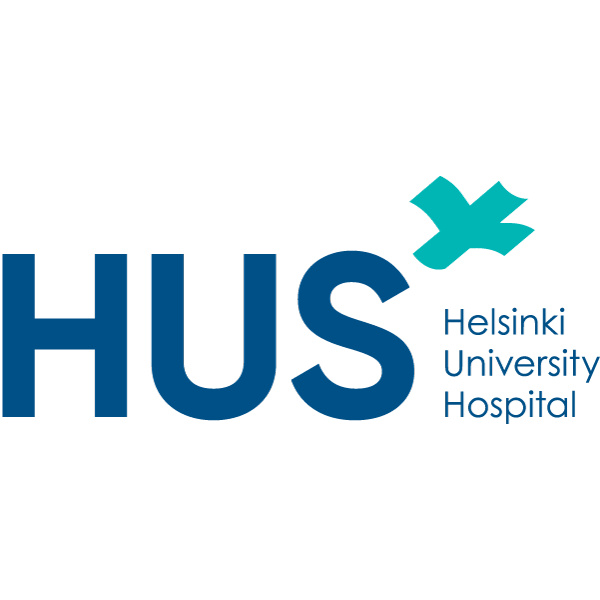
Helsinki University Hospital, HUS
Heart and Lung Center, Helsinki University Hospital is the largest hospital taking care of heart disease patients in Finland. The reference area covers 1.8milj inhabitants and all coronary interventions from that area are centralized in three hospitals, which are governed by Heart and Lung Center, Helsinki University Hospital. More than 6000 angiograms are performed yearly, and 2000 myocardial infarctions are treated. Initial results of myocardial infarction treatment are excellent, 30 d mortality being < 5%. test
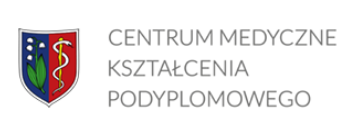
Centrum Medyczne Kształcenia Podyplomowego (CMKP)
The Medical Center for Postgraduate Education (Centrum Medyczne Kształcenia Podyplomowego) is a Polish medical university based in Warsaw that conducts specialty studies for physicians, dentists, laboratory diagnosticians, pharmacists, physiotherapists and for fields applicable to health care, providing opportunities for continuing education and conducting doctoral studies. The university is the founding body for two hospitals: Samodzielny Publiczny Szpital Kliniczny in Warsaw and Samodzielny Publiczny Szpital Kliniczny in Otwock.
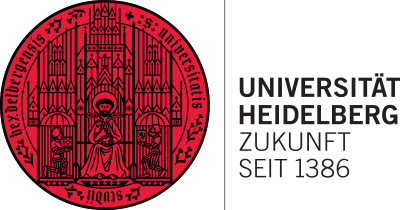
Heidelberg University, UHEI
Heidelberg University is Germany’s oldest university (founded in 1386). It has the largest campus for natural sciences and life science in Germany and is one of the leading biomedical research institutions with close connections to other renowned biomedical research institutions like the German Cancer Research Center (DKFZ), the European Molecular Biology Laboratory (EMBL) and the Max Planck Institute for Medical Research, all situated in Heidelberg.
Its successes in both rounds of the Excellence Initiative and in internationally recognised rankings prove excellent reputation.
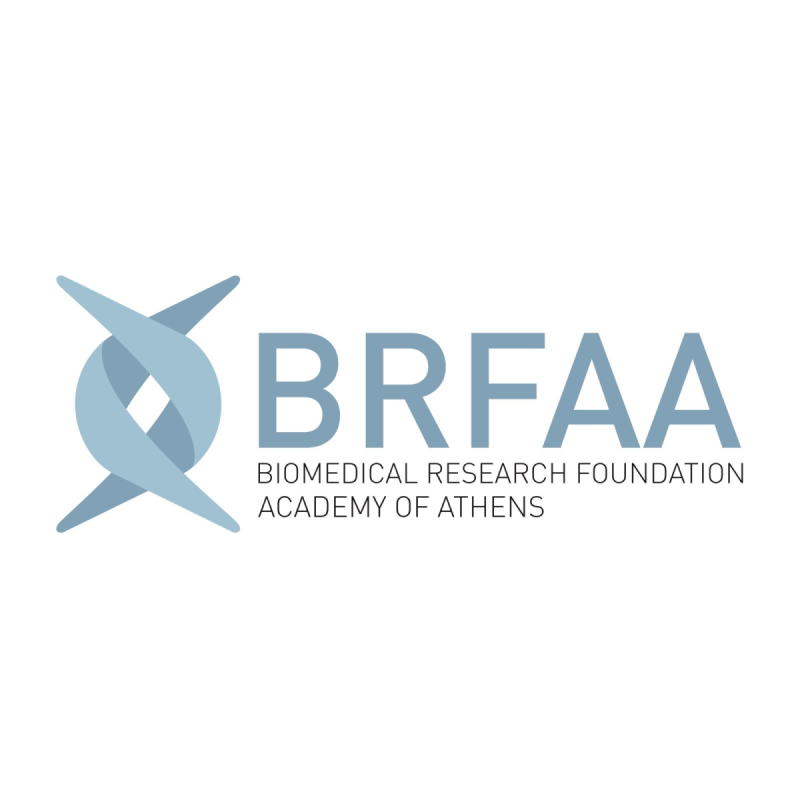
The Biomedical Research Foundation of the Academy of Athens, BRFA
The Biomedical Research Foundation, Academy of Athens is a non-profit organization dedicated to the research for the prevention and treatment of human diseases. It is founded by the Academy of Athens and its’ modern and unique establishment is equipped with specialized research equipment to conduct internationally competitive research in the fields of Medicine, Biology and Computer Science.
The renowned international research, which is conducted in BRFAA, is funded by competitive research programs, grants and donations.
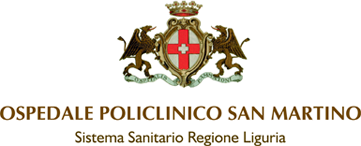
IRCCS Ospedale Policlinico San Martino, IRCCS
The Cardiovascular Research Unit is an interdepartmental facility that is part of the IRCCS Ospedale Policlinico San Martino in Genoa, Italy.
The research unit has in place several collaborations with international-level research institutes, such as University of Oxford, University of Geneva, Switzerland, University of Laval, Canada, EPFL Lausanne, and Catholic University of the Sacred Heart, Rome.
The research group will contribute to this project by enrolling and following CAD patients. The Unit will be also in charge of monitoring and coordinating other Italian sites.

University of Lisbon, ULIS
University of Lisbon is the most prestigious university in Portugal and one of Europe’s leading universities.
Ana Abreu is a senior cardiologist of the Cardiology Department, Cardiac Rehabilitation, Exercise and Prevention Unit of Hospital Centre of North Lisbon and a Cardiology Professor directing an Exercise and Cardiac Rehabilitation Laboratory of Lisbon Medical School, University of Lisbon.
The hospital and university entities provide the material and human resources necessary for the tasks and receive the patients with the intended inclusion criteria.

The Centro Nacional de Investigaciones Cardiovasculares Carlos III (F.S.P), CNIC
CNIC is a cardiovascular dedicated research center with strong commitment for translational and clinical research. CNIC is a public entity belonging to the Spanish Institute of Health (ISCiii).
The CNIC has 490 employees, all dedicated to cardiovascular research. A total of 28 individual groups are distributed in three main research areas: myocardial pathophysiology, vascular pathophysiology and cellular biology and development.
CNIC is supported through an innovative public–private initiative financed by the Pro CNIC Foundation.

The University of Sheffield, USFD
The University of Sheffield is a world top-100 according to the results of the 2014 Research Excellence Framework (REF).
The School of Health and Related Research (ScHARR) has a long standing interest in multiple themes in Health Economic research. These include developing and valuing patient report outcome measures, conducting economic evaluations both with mathematical models and using data collected in clinical studies.
ScHARR is one of the leading HTA academic centres in the world. It has undertaken many health economic analyses alongside clinical trials.
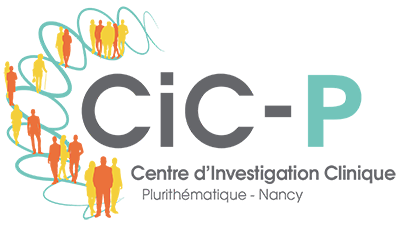
Institut National de la Santé et de la Recherché Médicale, INSERM
The goal of INSERM is to improve the health of all by advancing knowledge of life and disease, innovation in treatment, and public health research. CIC-P specifically aims at developing clinical studies in particular in the field of cardio-renal diseases.
The “big goal” is to help reduce the burden of heart disease by developing preventive strategies and new therapeutics. INSERM is the governmental French National Institute and has been conducting successful fundamental and clinical research for more than 55 years. CIC-P is leading numerous international studies.

Zora Biosciences Oy, ZORA
Zora Biosciences Oy is a diagnostics company focusing on development of clinical diagnostic tests as well as making these tests commercially available through its reference laboratory.
ZORA has strongly focused on cardiovascular research and has gained deep understanding on lipids and their role in cardiovascular diseases. Furthermore, Zora has successfully developed a biomarker for cardiovascular disease risk evaluation.
ZORA personnel have a strong background in pharmaceutical R&D, bioinformatics, mass spectrometry, lipid biochemistry and clinical diagnostics.

Synlab International GMBH, SYNLAB
SYNLAB is Europe’s number one medical diagnostic provider. SYNLAB has evolved from a network of medical service laboratories based in Southern Germany, established in 1999, to assume the leading role among the independent providers of medical laboratory services in Europe.
SYNLAB is present in more than 40 countries in four continents and has over 20 000 employees including more than 1000 medical experts. Worldwide, SYNLAB performs approximately 500 million tests per year. SYNLAB implements innovative diagnostic strategies continuously.

UniWeb BVBA, UNIWEB
Founded in 2000 as a Belgian IT company, UniWeb is a 100% privately held company with 1.5 million EUR turnover and 20 employees (2017).
UniWeb provides innovative web and mobile total solutions: UniWeb manages the whole software lifecycle from analysis, design, implementation, validation through deployment following Good Automated Manufacturing best practices (GAMP 5).
After deployment, UniWeb hosts, monitors and maintains the applications in a compliant environment. UniWeb has special expertise in web and mobile applications for pharma & healthcare.

Lakka Health
LAKKA Health is a company specialized in developing innovative solutions for wellbeing devices. The current location of the company is the idyllic and peaceful Lempäälä. Our core team consists of technology professionals with passion for creating high-quality and novel healthtech solutions. The company is focusing on accurate gas measurement and owns a technology patent for increasing the sensor sensitivity.
